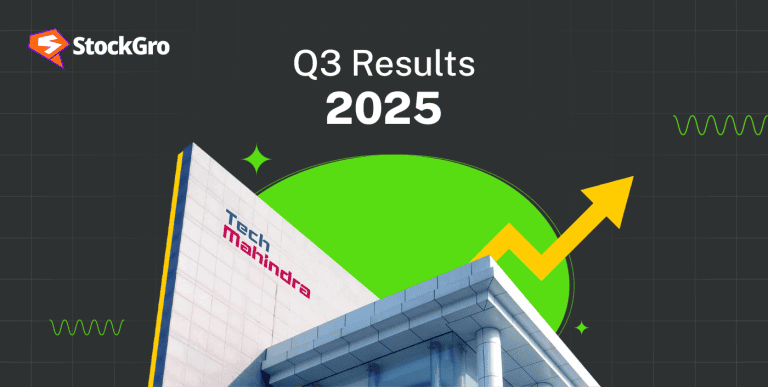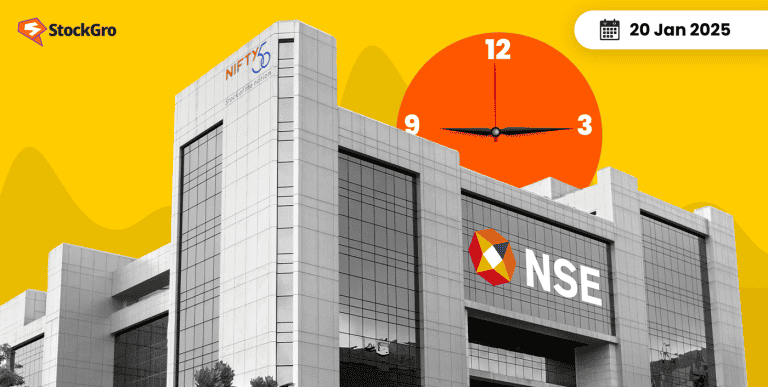
The employment landscape in India is diverse. It classifies employees based on the income source, employer, sector, geography, etc. Due to a significant population in the middle-class income, salary is one of the most crucial income sources. A report dated February 2024, suggests there are approximately 12.2 crore salaried employees in the country.
The pay structure or benefits for such salaried central government employees is decided by the Pay Commission in India. On January 16, 2025, the Minister of Information and Broadcasting, Mr. Ashwini Vishnaw, announced the establishment of 8th Pay Commission.
It is a crucial step in the backdrop of the anticipation about the upcoming Budget 2025. Therefore, understanding its dynamics becomes crucial.
What are the Pay Commissions?
Based on the employer classification, an individual can be employed in a government, semi-government or private entity. Among these, there are nearly 49 lakh central government employees in India. They enjoy many added benefits with their salary due to the proximity and significance of their work.
The pay commission is a body set up by the government to present proposals regarding salary, allowances and retirement benefits for these central government employees. It was first set up in 1946. The frequency of its setup was uneven. However, the government aims to set up this organisation every 10 years.
Lastly, in the 7th Pay Commission, a chairman is appointed along with two commission members and one secretary.
What is the 8th Pay Commission?
In the recent announcement, the overall information regarding structure, dates or officials was not released. However, the basic motive behind this establishment was expressed. A chairman and two commission members will be appointed. The term for the 7th Pay Commission will end in 2026.
Therefore, the government aims to set up the 8th Pay Commission by the start of 2025 and make due consultation with the state and central stakeholders to make the required changes. Further, the committee may start its operation on January 1, 2026. It will help start and implement the proposed measures after the term completion in 2026.
The commission will decide on the salary structure and pension for present and retired central government employees. Apart from regular salary hikes, the Pay Commission will also decide on the following:
- Dearness Allowance
- House Rent Allowance
- Travel Allowance
Check this out! Gross Salary: Key Components and Net Salary Calculation
The fitment factor
A crucial focus in Pay Commission proposals is the fitment factor. It is a multiplication for determining new pay levels. For example, if the basic pay is ₹30,000 and the fitment factor is 1.6, the new basic pay would be ₹48,000 (30,000*1.6). It is a crucial measure affecting the overall salary or pension hikes and the economy.
Glimpse of 7th Pay Commission
Released in 2016, this commission proposed some crucial changes for the central government employees as follows:
- The pay matrix was decided based on the pay band. In this, the minimum pay was decided at ₹18,000, and the maximum pay was ₹2.5 lakhs. Therefore, the salary of central government employees earning ₹7,000 was raised to ₹18,000 and so on.
- The fitment factors differed from 2.57 to 2.81 based on the pay scale. Some reports suggest that this factor was expected to be 3.68 by employee unions.
- The minimum pension level was increased to ₹9,000. The maximum pension was decided to be ₹1.25 lakhs.
- The % of house rent allowance to the basic pay was increased as per the type of city based on its population.
| Population | Type of City | Dearness Allowance |
| 50 lakh + | X | 24% |
| 5 lakh to 50 lakh | Y | 16% |
| Less than 5 lakh | Z | 8% |
- In addition to house rent, dearness and travel allowances are for children’s education, hostel, uniform, mileage, etc. These allowances were implemented in September 2008.
Also, read Everything you need to know about the 7th pay matrix
Potential impact of 8th Pay Commission
In India, the rising cost of living makes salary hikes a prominent need of time. In the wake of evolved circumstances after the 7th Pay Commission, the newly set up commission can make potential proposals of salary, pensions and allowance hikes.
It will have a crucial impact on individuals and the overall economy as follows:
- The hike in salary will increase the overall money flow in the economy.
- Pension hikes can improve the living conditions of elderly citizens in India
- India is a consumption-driven economy, and an increase in the disposable income of central government employees can fuel this consumption.
- The salary and pension expenditure may increase the burden on the government, and the need for higher revenues may arise.
Bottomline
The announcement of the 8th Pay Commission establishment marks a crucial step in raising the living standards for central government employees. It will come into force from January 2026 after due consultation with stakeholders. Strategists expect an increase in the fitment factors and allowances.
An interesting read: Everything you need to know about your salary slip: Format and components

